reclaiming the power of poetry
Posted by Daniela Elza on Jan 15 2011
From Written on the Bones: On reclaiming the ancient power of poetry an interview that appeared in the December issue of The Sun magazine (sent to me by a friend (thank you).
Alison Luterman asks:
At the risk of sounding elitist, isn’t it important that a poem be good?
Rosen replies:
What is “good”? Sometimes I cringe because a poem seems trite to me, only to find out that those words saved my friend’s life when she was going through her divorce. Think about art or music: You love Aretha Franklin; I love Beethoven. You love Rothko; I love Rembrandt. Maybe a certain poem doesn’t sing to me, but if it opens someone’s mind and heart, who cares whether I find it good or bad?
When Luterman asks:
“Why is American culture so poetry-phobic, whereas other cultures revere poetry and poets?”
An excerpt of Rosen’s answer:
“For most of my life I was afraid of poetry. It was like this elitist club I
hadn’t been invited to join. In fact, many Americans seem to have fear of poetry. Part of my motivation in writing Saved by a Poem was to help turn that around, to wake Americans up to poetry’s power to heal and enrich us. In fact, my work is not as much about poetry as it is about nurturing the interior life. Poetry can be a lantern that shines into dark places within us. Poems can be powerful medicine for personal transformation.”
In the light of recent events in Arizona (perhaps I should say in the shadow, or the dark of such events) the following resonated with me:
“Writer Eve Ensler says that we live in a country where people have forgotten to think in metaphor. With the loss of metaphor comes a lack of imagination, ritual, mystery, and discovery.
I also suspect that the qualities of openness and humility may have been lost in Americans’ drive for upward mobility. Many poems look behind the superficial masks we wear to the vulnerable self underneath.
John F. Kennedy said it beautifully in his eulogy of Robert Frost:
‘When power leads man toward arrogance, poetry reminds him of his limitations.
When power narrows the areas of man’s concern, poetry reminds him of the richness and diversity of his existence.'”
So what do you think?
What do poems do for you? What is a “good” poem?
Or (as one of my mentors likes to ask): What is a poem good for?
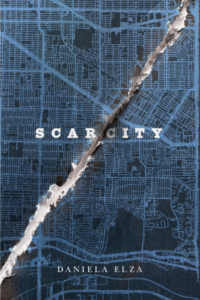
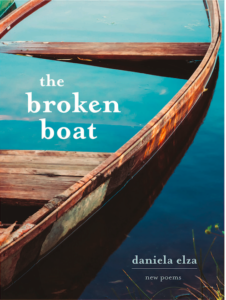
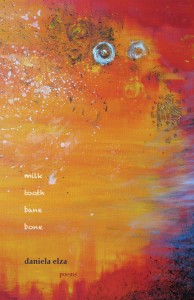

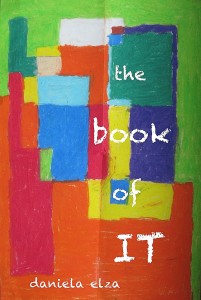
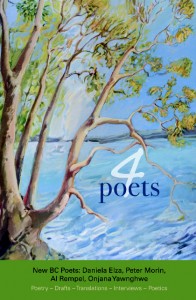
January 16th, 2011 at 1:38 am
I like the quote about “goodness” in poetry – that idea needs to be repeated often, as I find it’s easily forgotten…
Thanks for posting this.
January 17th, 2011 at 8:17 pm
Rosen writes: “What is “goodâ€? Sometimes I cringe because a poem seems trite to me, only to find out that those words saved my friend’s life when she was going through her divorce. Think about art or music: You love Aretha Franklin; I love Beethoven. You love Rothko; I love Rembrandt.” — But the comparisons are between highly skilled artists, so yes, it comes down to taste. There’s at least 3 axes to consider in “is a poem god”: level of craft, style/mode of poem, and artfulness (or soul or power or whatever you want to call it). That is, you could have a perfectly crafted poem in a style you like that has no soul, or a soulful, well-crafted poem in a style you dislike, or any other combination, and probably on more terms/axes than I have listed. I prefer not to get caught up in it, though, partly because words come and go like the wind; nothing lasts, partly because it takes away from writing, partly because screaming about it probably won’t stop people from writing what they want to write, and partly because, as Rosen says, we don’t know what it’ll do for someone else. Lately, I’ve felt a deep sense that an artful poem has something ‘wild’ in it, some turn/torque or image or phrase or breath that neither the poet nor the reader has control over, some quality that cannot be contained in the box of words we call a poem.
January 25th, 2011 at 10:17 am
Yes, Rob, there needs to be a balance, I agree.
Al, Yes, and Yes,
we need to get more of that wild thing in there. I think that is a good way to describe it:
“that neither the poet nor the reader has control over, some quality that cannot be contained in the box of words we call a poem.” and that mystifies, and intrigues us as readers and writers. We recognize it, but not necessarily rationalize it.
YES. This means we need to suspend our urge for control briefly to let something we have not warped to come through.
Poetry is where the wild things are. :-)
January 25th, 2011 at 7:16 pm
Do typos count as something wild? “is a poem god†= “is a poem good”. oops
January 27th, 2011 at 6:45 pm
Yes, i think typos can count as something wild.
Today I saw a sign in a classroom that said: “All errors are accepted here. Interesting errors are admired.”
That was refreshing.
Especially in the context of Sir Ken Robinson who said: “If you are not prepared to be wrong, you will never come up with anything original.”